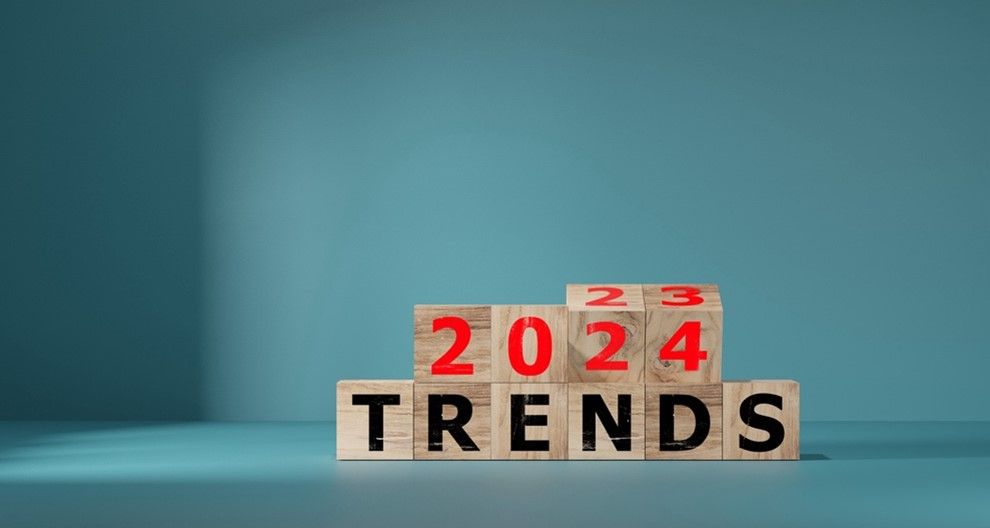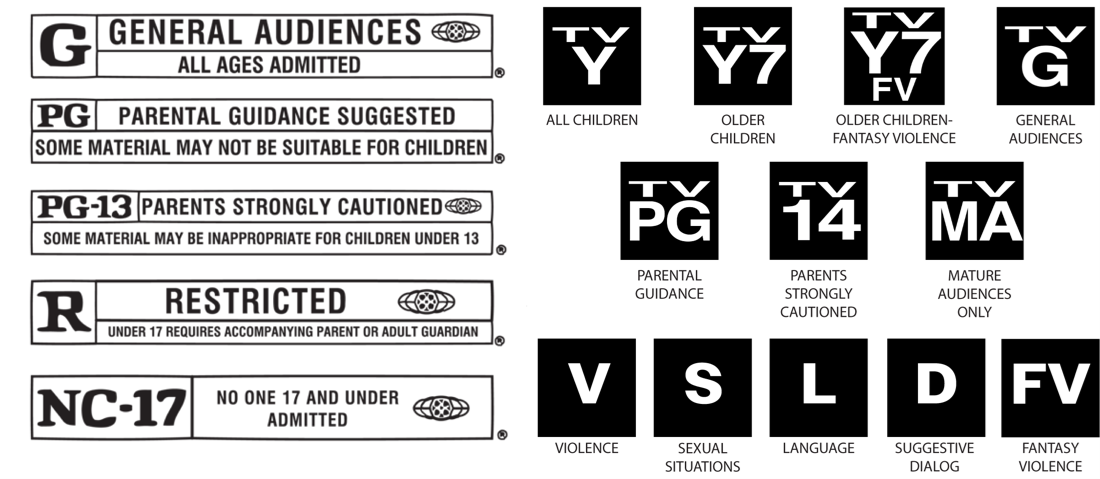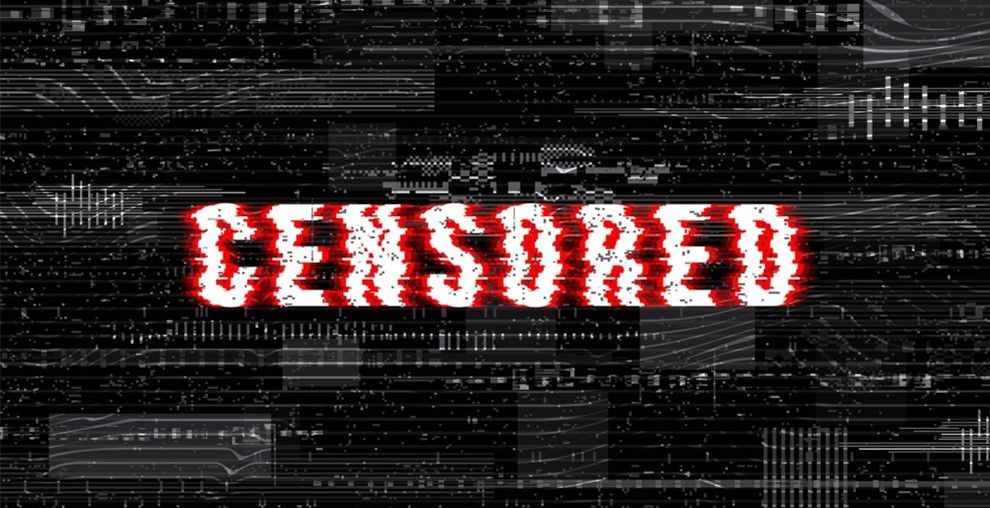Amendments to the Electronic Media Law in Luxembourg
The new Act intends to balance the right to access online content services with consumer protection and ensure better protection of minors, which previously applied only to linear media like television services.
The changes outlined in the Act are relevant and applicable to Audiovisual Media Services (AVMS) providers as well as social networks and video-sharing platforms (VSP) like YouTube, Vimeo, etc. that allow uploading of user generated videos. The Act came into effect on 12 March 2021. AVMS are essentially linear or non-linear programming services administered by service providers through electronic communication networks. These services have evolved drastically in the past decade, especially around non-linear programming with the rise in popularity of several on-demand service providers like Netflix, Disney, Amazon Prime Video, etc.
What are the features and changes of the new Act for AVMS providers?
Country of origin
- AVMS providers established outside of the European Union, will have the benefit of “the country-Laof-origin principle.” This will allow the providers to submit a notification to Luxembourg authorities using satellite uplink facilities in Luxembourg.
- There are no changes with respect to the jurisdiction rules and the criteria used to determine whether an AVMS provider falls under Luxembourg jurisdiction.
Information and Reporting responsibility
- The ministry maintains a register of AVMS and VSP providers who are subject to Luxembourg jurisdiction, where they also note the criteria on which the jurisdiction is decided.
- Any changes that are likely to affect the Luxembourg jurisdiction in accordance with the criteria set in the Electronic Media Law must be communicated to the minister responsible for media.
- The Act gives the Independent Luxembourg Broadcasting Authority (ALIA) the right to ask the AVMS providers for any information it deems to be essential by a fixed deadline. Any delay in doing so would attract penalties ranging from 200 euros to 2000 euros per day that the information is delayed.
- To ensure that people with disabilities always have access to public communications through AVMS services in the event of any natural calamities, AVMS providers are required to submit an action plan to ALIA initially by Sept. 30, 2022, and every three years thereafter, which outlines how this will be achieved.
Content and Advertising
- AVMS may not incite violence or hatred against persons based on any of the grounds for discrimination referred to in Article 21 of the Charter of Fundamental Rights of the European Union or result in public provocation to commit a terrorist offence.
- Ban on advertising electronic cigarettes and refill containers.
- Product placement is now allowed with a few exceptions such as in programmes for children, news programs and religious programs. It is imperative however that the audience is made aware of the existence of any such product placement at the start and end of the programme and after each break.
Promotion of European works
- AVMS providers are now obligated to ensure that their catalogues include at least 30% European programmes that are made prominent in their offerings.
Annual fees
- AVMS providers must pay a fixed fee of 200 euros from this year to ALIA.
What are the features and changes of the new Act for VSP providers?
Notification
- The concerned minister needs to be notified at least 20 days in advance before the start of a service by the VSP provider who falls under the Luxembourg jurisdiction.
- Commitment to allow monitoring of its service by providing unencrypted access to ALIA.
Protection
- VSP providers must protect minors from content, including advertising that could impair their physical, mental, or moral development.
- Providers should also protect the general public from content, which constitutes as a criminal offence under EU law, namely public provocation to commit a terrorist offence and offences relating to child pornography, racism, and xenophobia.
Commercial communications
- User generated content must be monitored by VSP’s for any kind of product placement or sponsorships.
- Mechanisms that could be employed by the VSP to facilitate this monitoring could include features where the content generator could declare the presence of any product placement, content rating systems, age verification controls and parental controls.
The Act also stipulates that if the signal used for satellite broadcasting is introduced in Luxembourg with uninterrupted communication leading to the satellite and back to earth, then the resulting copyright levies would only need to be paid in Luxembourg and not in any other EU country.
The new law aims to create a level playing field where the traditional linear programming services are not the only ones to bear the burden of compliance. By bringing the new age non-linear programming services into the fold, the European and Luxembourg legislators have shown an admirable desire to adapt to the ever-evolving technological shift in media.
Related Posts


SILICON VALLEY
2336-H Walsh Ave.
Santa Clara, CA 95051
+1(408) 550-2344
LOS ANGELES
3900 W Alameda Ave.
Burbank, CA 91505
+1(310) 496-7307









